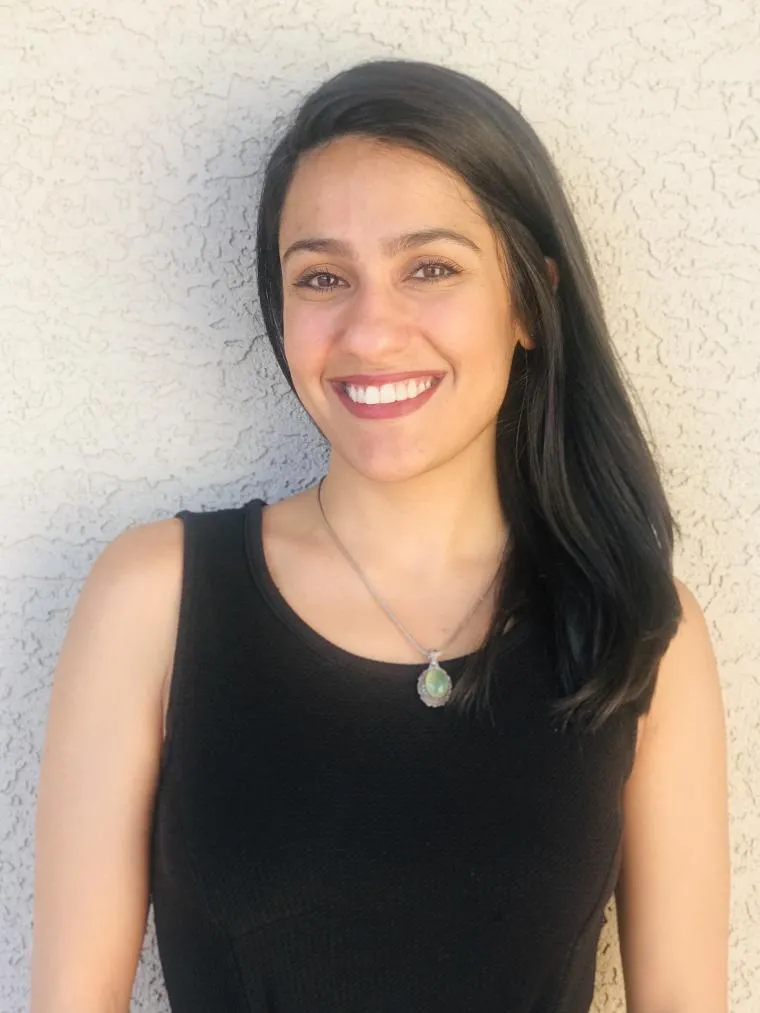Nahrain Rasho

PhD Granting Institution: The University of California Davis
Department: School of Government and Public Policy
College: College of Social and Behavioral Sciences
Mentor: Alex Braithwaite, Ph.D.
Research Proposal: The Consequences of Returned Populations on the Autonomy Project in Iraq
Nahrain Rasho completed her Ph.D. in Political Science at the University of California Davis. During her time at UC Davis, Nahrain received several prestigious fellowships, including the Peace Scholar Dissertation Fellowship from the U.S. Institute of Peace (USIP) for her outstanding dissertation on conflict analysis and prevention.
A second generation Iraqi-American, Nahrain’s familial background as Assyrian Christian refugees and survivors of genocide deeply impacts her research interests in studying ethnic conflicts. Nahrain aims to develop evidence-based policy recommendations that promote minority group inclusion in state institutions and foster peace worldwide.
During her fellowship, Nahrain will explore the implications of the return of Iraqi Christian migrants on the autonomy rights of Christians in Iraq. The project will build on research that explores the consequences of repatriation policies on domestic autonomy in the context of Middle Eastern Societies in Northern Iraq. Nahrain plans to produce policy evaluations and recommendations specific to Iraq, but study results may also be relevant in other settings including Syria, Afghanistan, and Sudan.
In his letter of support, Dr. Alex Braithwaite, Director, School of Government & Public Policy, shared: “Nahrain Rasho’s planned research is fascinating and important. She proposes to examine the effect of returning Iraqi Christian refugees on the autonomy movement of Christians in Iraq. As she notes in her proposal, most peacebuilding experts encourage the return of refugees as a means of measuring stability and peace in the home country. Certainly, this is a key priority of the United Nations High Commissioner for Refugees (UNHCR). However, this objective overlooks the potential consequences of returning refugees on the domestic goals of Iraqi Christians that remain in Iraq. Rasho is ideally placed to examine these relationships. After all, she is herself an Iraqi Christian American who has completed extensive fieldwork in the region and is fluent in the local languages.”

